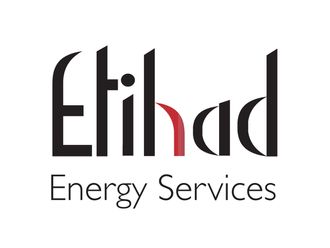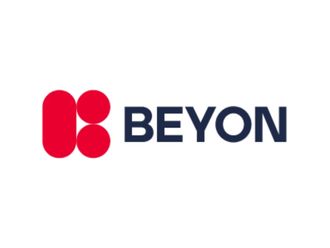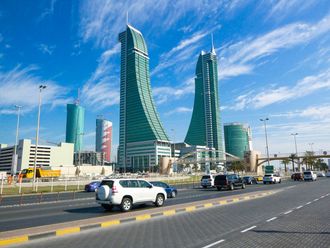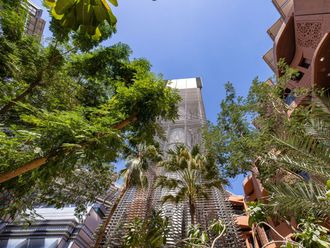Manama: Social media are excellent tools for newsgathering and reporting, especially in times of crises or emergencies, but they can also be a source of ominous bias and unethical behaviour, a Bahraini official said.
“When we look at the penetration rate of leading social media and microblogs in the Arab world, we realise how critical they have become,” Maysa Al Dhawadi, the head of the Follow Up Directorate at the Information Affairs Authority (IAA) said.
Around one-third of Arabs rely on social media as their principal source of news, a rate that is equal to the number of those who use traditional media.
Maysa was speaking about the role of media in crisis management at a seminar in Tokyo organised as part of the 10th edition of GCC Days. Her paper focused on ‘crisis media’ as the inter-cultural event shed light on media cooperation between GCC countries and Japan.
Figures from 2014 indicate that the penetration rate of Facebook in the UAE was 54 per cent, 47 per cent in Qatar, 43 per cent in Kuwait, 36 per cent in Bahrain, 28 per cent in Oman, and 27 per cent in Saudi Arabia.
The high penetration rate of social media in the Arab world warrants a series of accords on ethics and agreements for clear legislation to ensure that modern communication tools promote robust dissemination of information and factual accuracy and that they are not misused to undermine social cohesion or to erode order in the community, Maysa said.
“The remarkable amount of details and of ‘real-time’ reporting from people at the sites where news events are breaking or unfolding is amazing. People may provide precious insights into what is happening. However, without proper evidence, we need to remain skeptical until the information is tightly verified. Discerning between the truth and the fiction, the fairness and the exaggeration, is a grave challenge and we have to tread very carefully,” she said.
“The Gulf Cooperation Council [GCC] states have been paying special interest to the use of media in crisis management through promoting public awareness and deepening a national sense of responsibility and partnership. Yet, there is a profound need to constantly study the links between social media and emergencies. Studies should focus on how such media can affect the situation on the ground and their effect on local, regional and international perspectives regarding any development or disaster,” Maysa said.
There are always great advantages in the use of social media to promote communication. But there may also be the possibility that some social media could be maliciously misused to launch and boost harmful allegations and spread damaging lies, particularly in times of crises or disasters, whether they are natural or man-made, she added.
The GCC Days event was held in Tokyo last week with a large number of personalities from the media and economic fields in attendance, besides diplomats and academics from the Gulf and Japan.
The three-day event on April 22-24 included economic, political and media seminars seeking to consolidate cooperation, friendship and open dialogue between the GCC countries and Japan.
“The GCC Days were launched to reach out to the international community and to help people gain greater insights into the GCC identity, culture and achievements. The GCC common drive, in line with the GCC media strategy, also includes highlighting political advances and social accomplishments at international events,” Maysa said.
Tokyo was the second Asian capital to host the event after Seoul in 2011. Paris, Brussels, Berlin, The Hague, Madrid, Rome, London and Stockholm played host to the other editions of the event.












